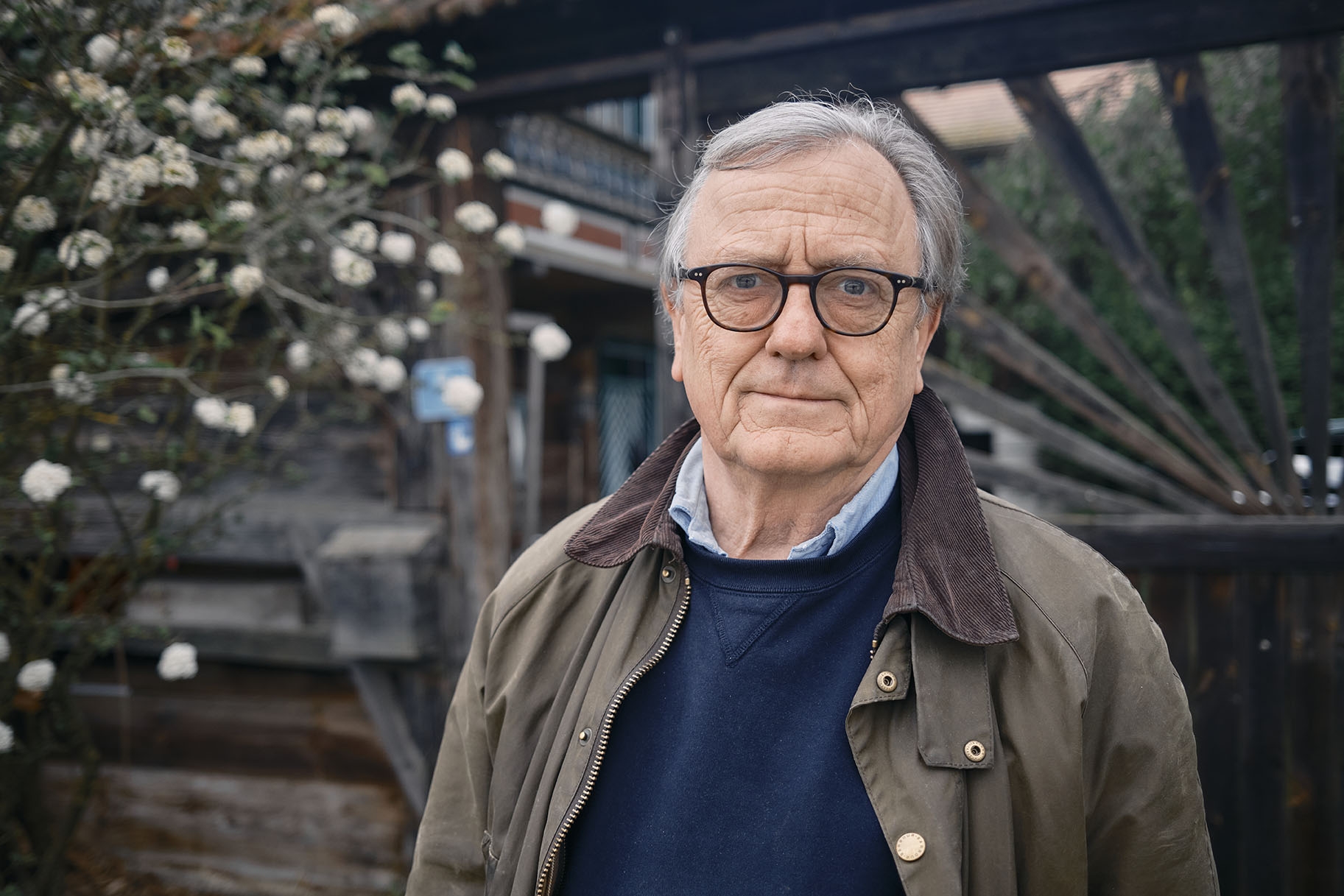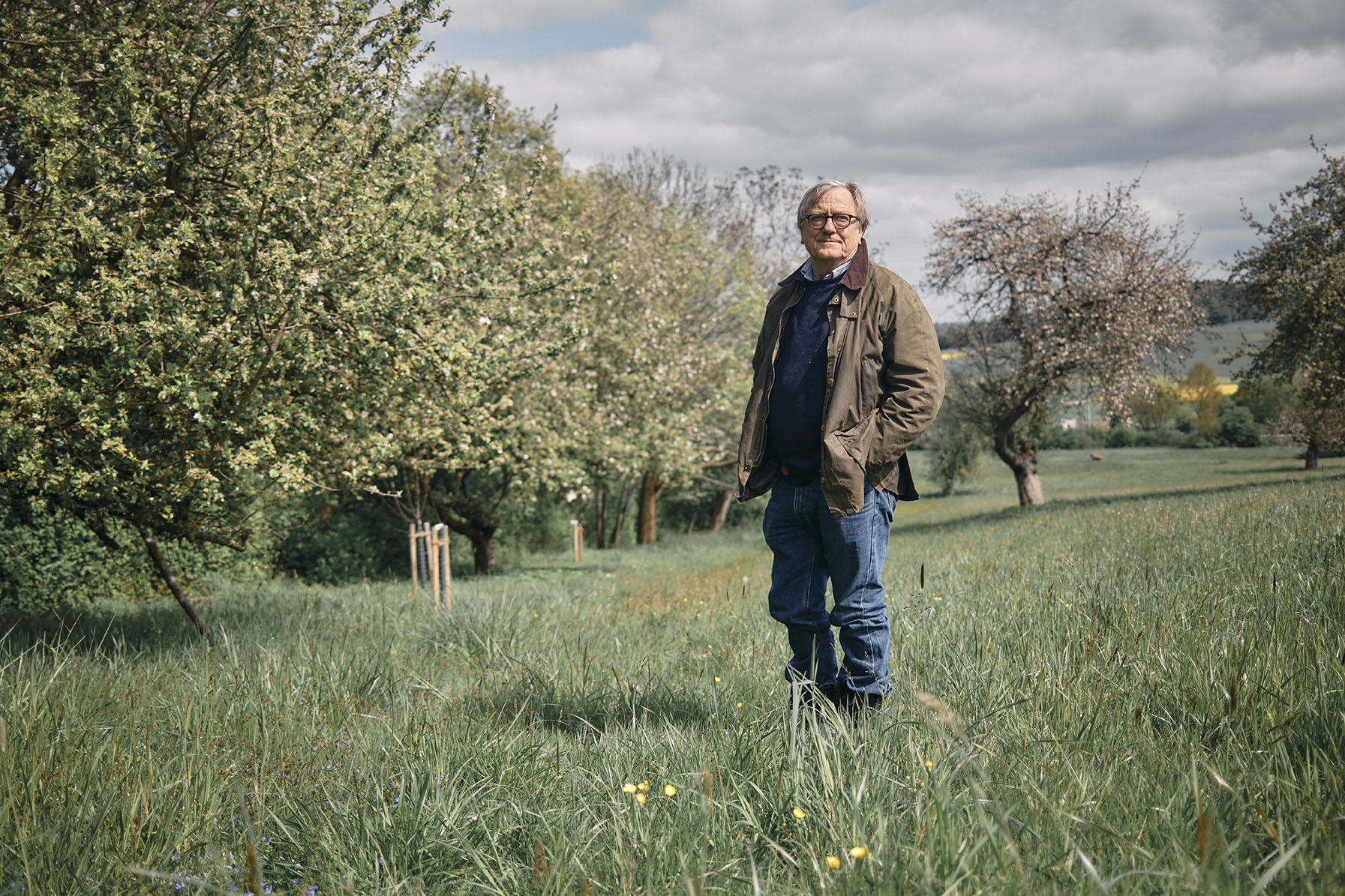THE DAYLIGHT AWARD 2024 — DAYLIGHT RESEARCH
Till Roenneberg
Professor Till Roenneberg is Emeritus Professor of Chronobiology at the Institute of Medical Psychology at Ludwig-Maximilian University (LMU) in Munich, Germany. Roenneberg has dedicated most of his career to investigating the effects of light on circadian clocks, sleep, and health. His work spans the natural and social sciences, and the use of diverse groups of organisms. This comparative and interdisciplinary strategy has allowed Roenneberg to take novel approaches to address key questions relating to the effects of daylight on human health, well-being, and performance.
His fundamental research findings have been both highly cited and influential, and significantly, applied to multiple branches of society, spanning medicine, public policy, and architecture.
In addition to his influential work as a scientist, Roenneberg is a gifted communicator and advocate for the importance of daylight for human health. He works with diverse organisations, giving many public lectures, engages with print, radio, television, and other journalists. Roenneberg has also written two popular science books.
His fundamental research findings have been both highly cited and influential, and significantly, applied to multiple branches of society, spanning medicine, public policy, and architecture.
In addition to his influential work as a scientist, Roenneberg is a gifted communicator and advocate for the importance of daylight for human health. He works with diverse organisations, giving many public lectures, engages with print, radio, television, and other journalists. Roenneberg has also written two popular science books.
JURY REASONING
Roenneberg’ s interest in light was present in his first years as a scientist. He was one of the first chronobiologists to appreciate that both the intensity and the spectral composition of light was key in understanding how light affects the circadian system in a range of organisms, including Dinoflagellates (a unicellular algae) and fungi (Neurospora Crassa).After establishing key concepts related to light and circadian rhythms, Roenneberg transitioned to human and social sciences with a focus on daylight. Roenneberg used his experience in experimental bench-based chronobiology and in using big data to address research questions that focus on human daily behaviour in real life.
He developed and validated a new questionnaire – the Munich ChronoType Questionnaire, MCTQ – to enable investigations of circadian entrainment in populations across the world. The resulting database has over 400,000 entries and has allowed him to probe important questions in “real-life experiments”. His results have been published as well as widely cited in influential publications spanning the natural sciences, human science, and social science.
Roenneberg pioneered the epidemiology of chronotypes (the phase relationship of the circadian clock and the natural daylight-dark cycle; the familiar larks and owls). He showed, for example, that relative timing of human entrainment (“chronotype”) systematically changes with age (putting the late-hour preferences of teenagers in a biological perspective) and with daylength. He worked with the steel industry to evaluate and allocate workers to their chronotype-specific shift. This change resulted in significantly improved sleep for most individuals.
A key observation by Roenneberg is the demonstration that human clocks are profoundly influenced by the natural light/dark cycle, despite increasing urbanisation.
Roenneberg has become notably influential as the creator of the “social jetlag” concept, which has achieved approximately 27,000 citations in Google Scholar. Social jetlag is the difference in sleep timing between work and free days and reflects changes individuals must make for work that are counter to their natural biology. When social jetlag is extensive it indicates a biological challenge to that individual’s circadian and sleep systems. Roenneberg demonstrated links of social jetlag with obesity, depression, and substance abuse.
Roenneberg has continued his work demonstrating the importance of daylight on human circadian rhythms and sleep in longitudinal studies of humans living in different environments. He showed that circadian clocks resist the artificial social clock changes associated with Daylight Saving Time (DST) (which is when clock time is set by society to be one hour different from daylight time) as compared with Standard Time (ST) when social clocks and daylight are more aligned. In his recent work, Roenneberg has studied how industrialisation (with its associated changes in exposure to daylight vs artificial light) influences circadian rhythms and sleep. For this work, he studies communities in Brazil, such as the Quilombolas who live at right across the spectrum from rural life without electricity to modern urban life.
Roenneberg has received many international prizes. In 1993, he was awarded the prestigious Honma Prize (Japan) for "Outstanding contributions to the field of chronobiology”. His work on daylight was awarded with the Professional Lighting Design Recognition Award for Research and Education (2011). He was named “Ambassador for Sleep” by the German Sleep Foundation and his first book received both the Science Book Award of the British Medical Association Board (2013) and the Italian Science Book Prize (Galileo award, 2016). The University of Kent, UK recognised his innovative work with the “Innovation in Academia Award” in 2018.
In conclusion, the jury was deeply impressed by Roenneberg’s fundamental research findings, their application to help resolve real world issues and his ability to communicate this work to both scientific and public audiences. He is an exemplary scientist. With energy and enthusiasm, he applies innovative approaches to understand the importance of natural light on human health.
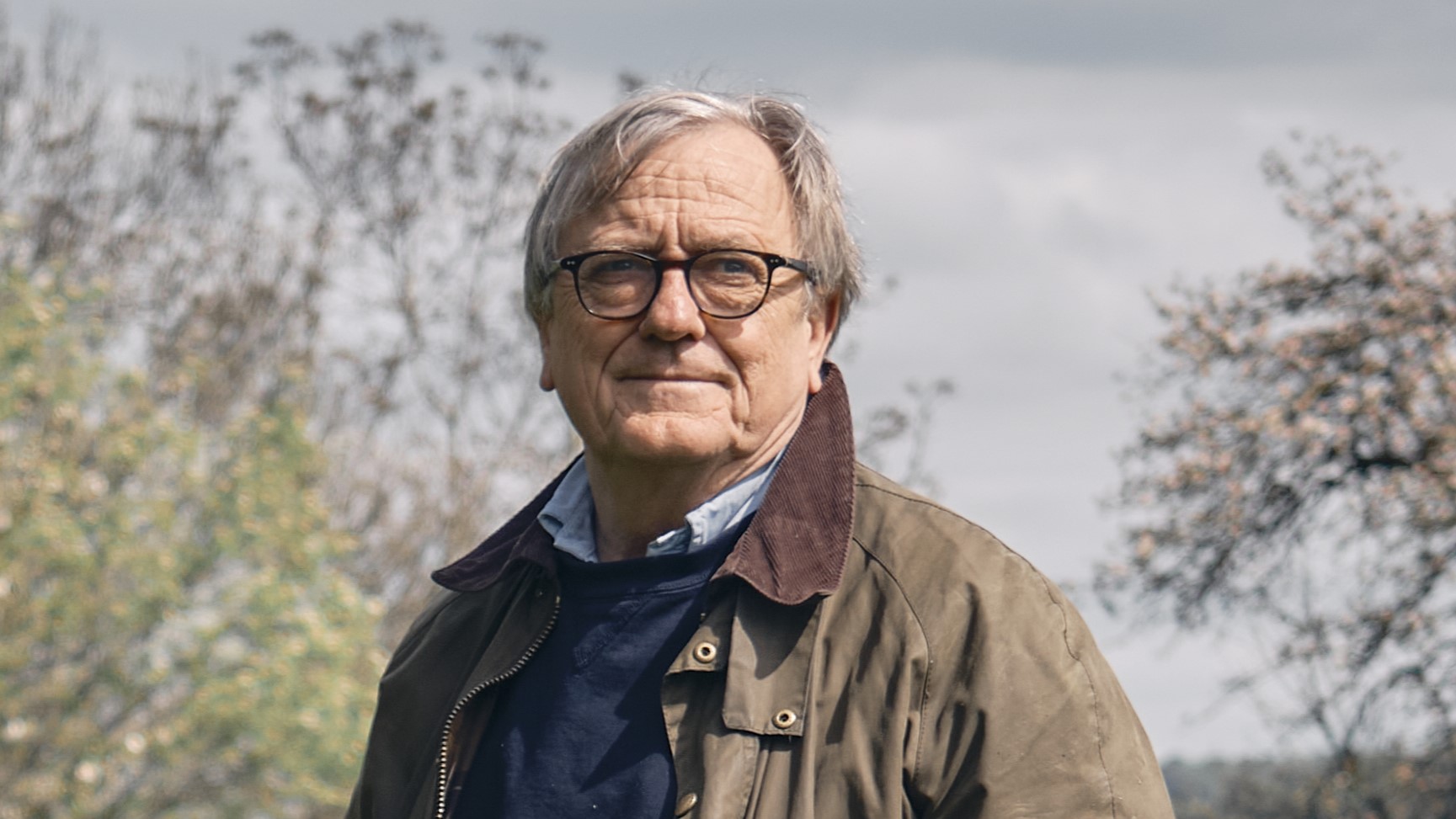
SELECTED PROJECTS
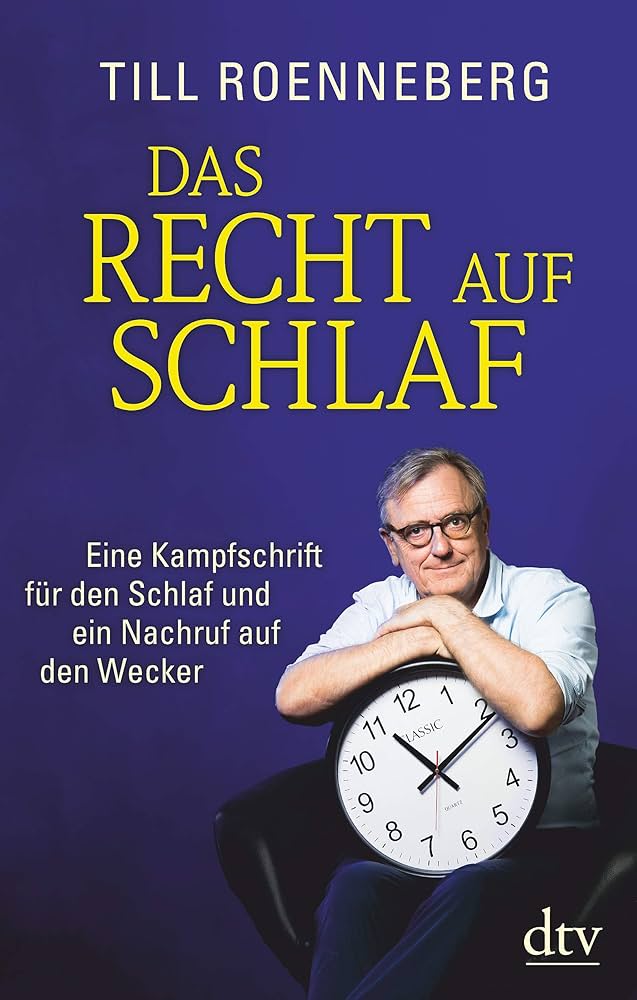
Das Recht Auf Schlaf by Till Roenneberg
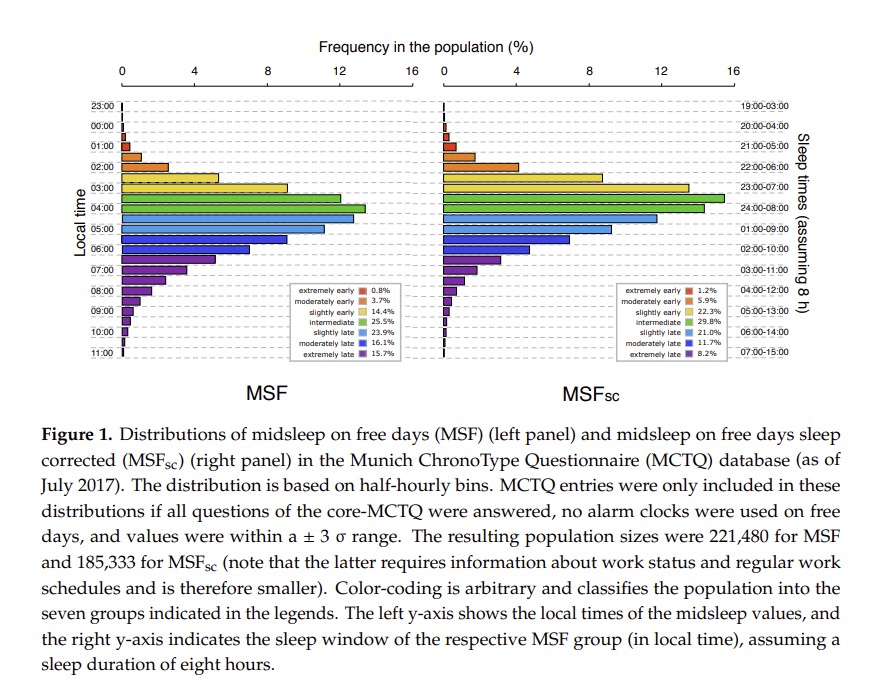
Munich ChronoType Questionnaire (MCTQ) database 2017
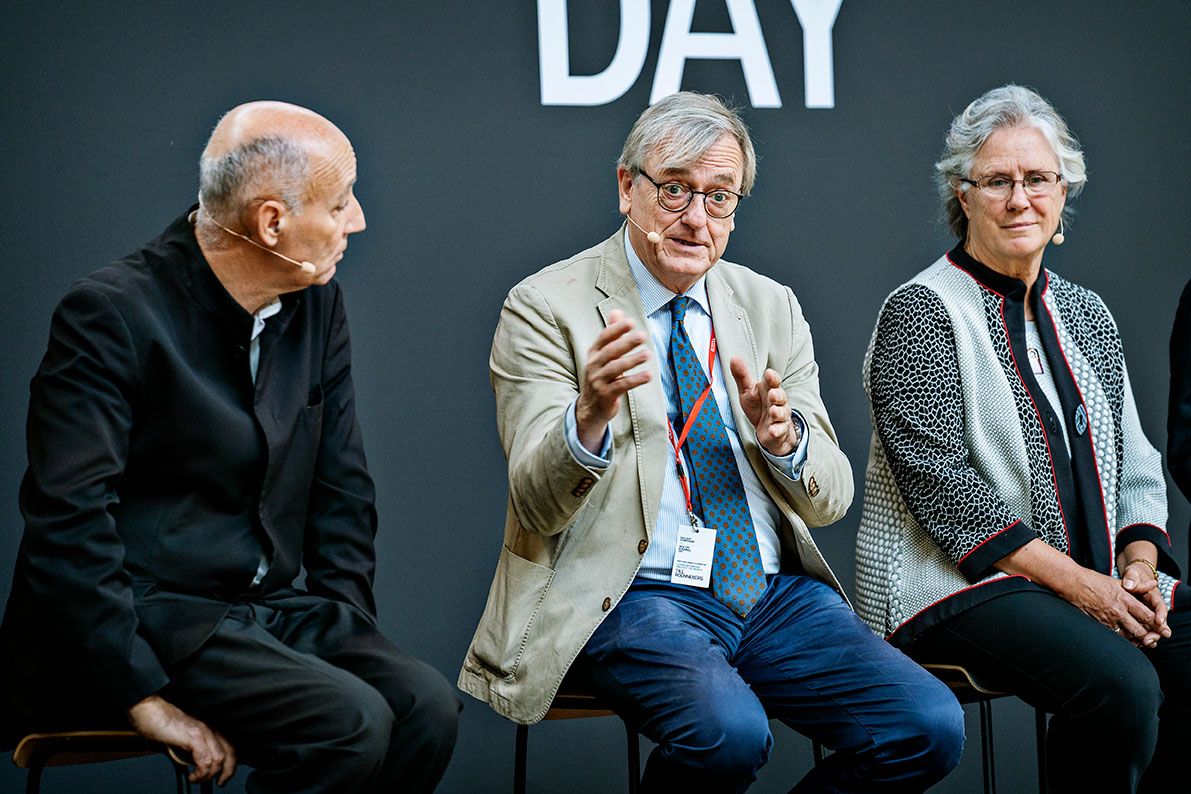
Till Roenneberg / Daylight Symposium
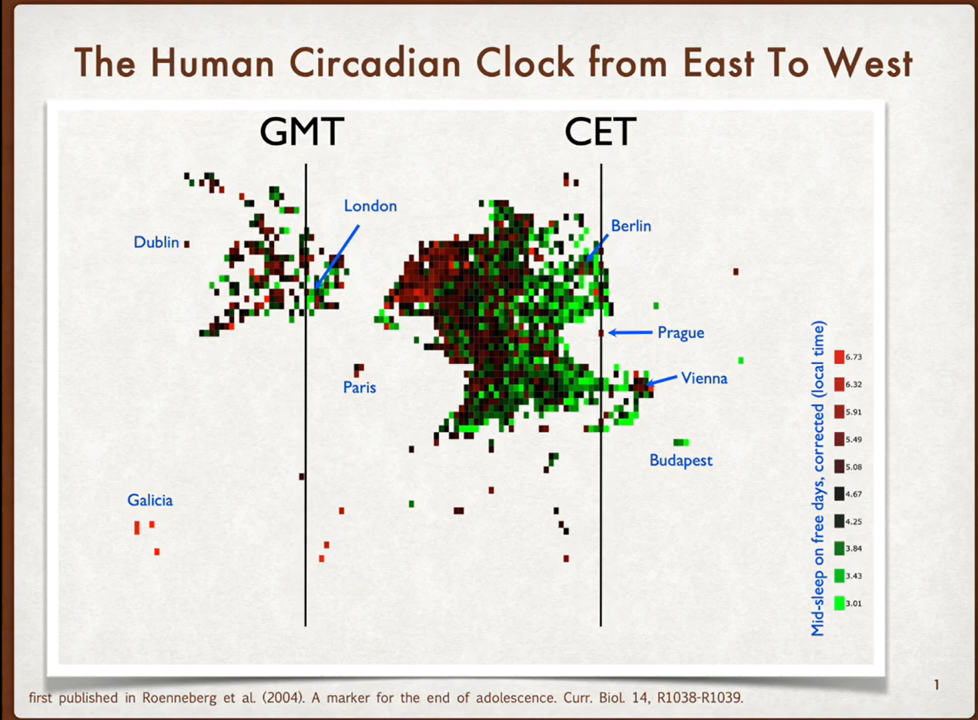
Presentation / Daylight Symposium 2019
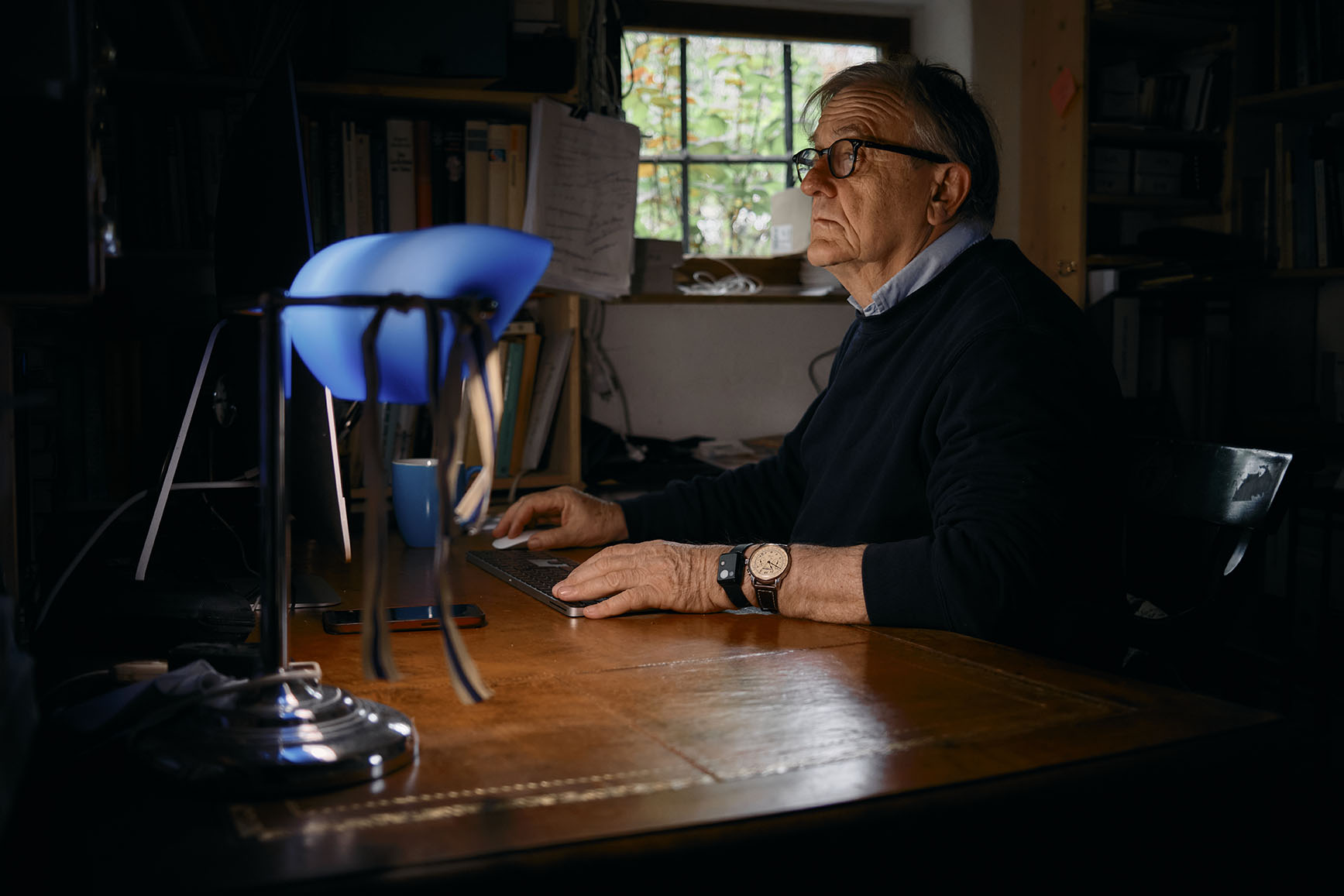
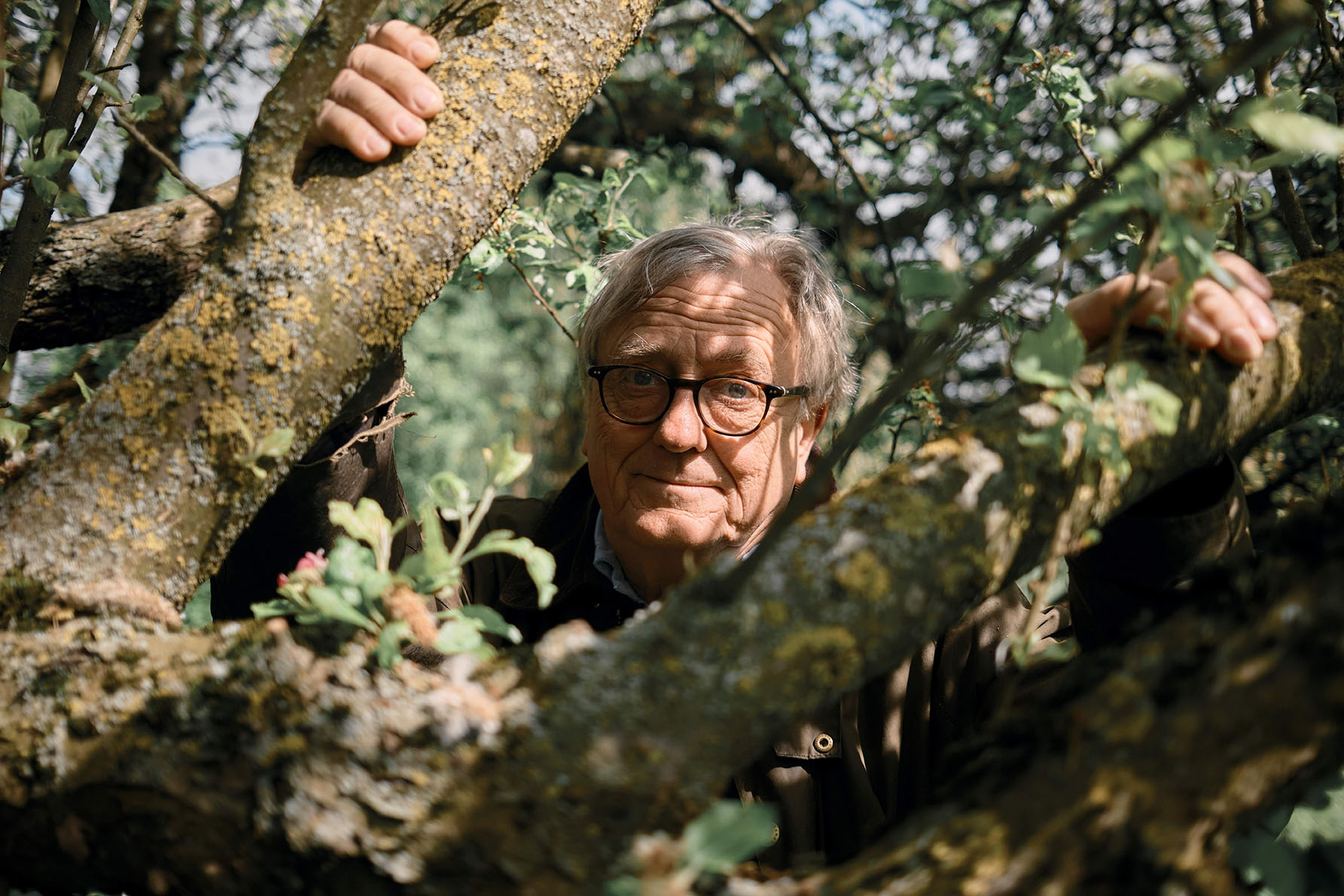
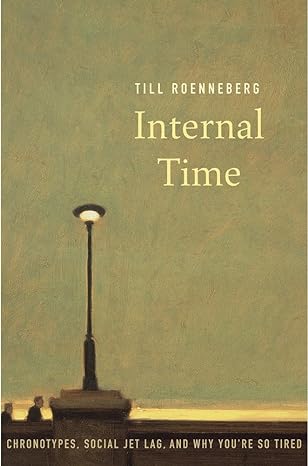
Internal time by Till Roenneberg
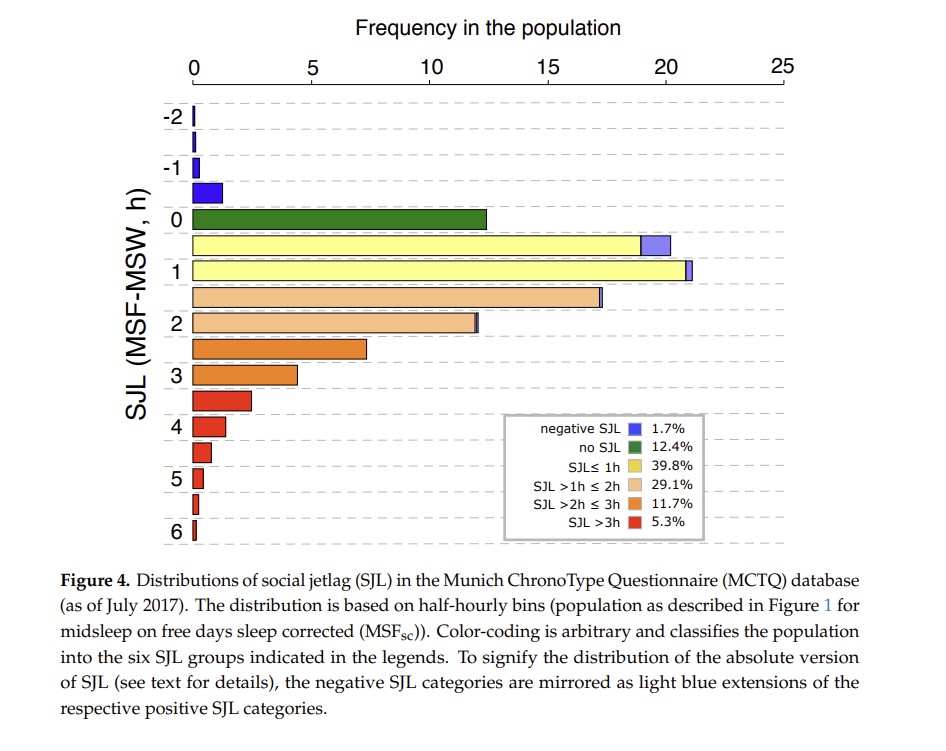
Social jetleg MCTQ
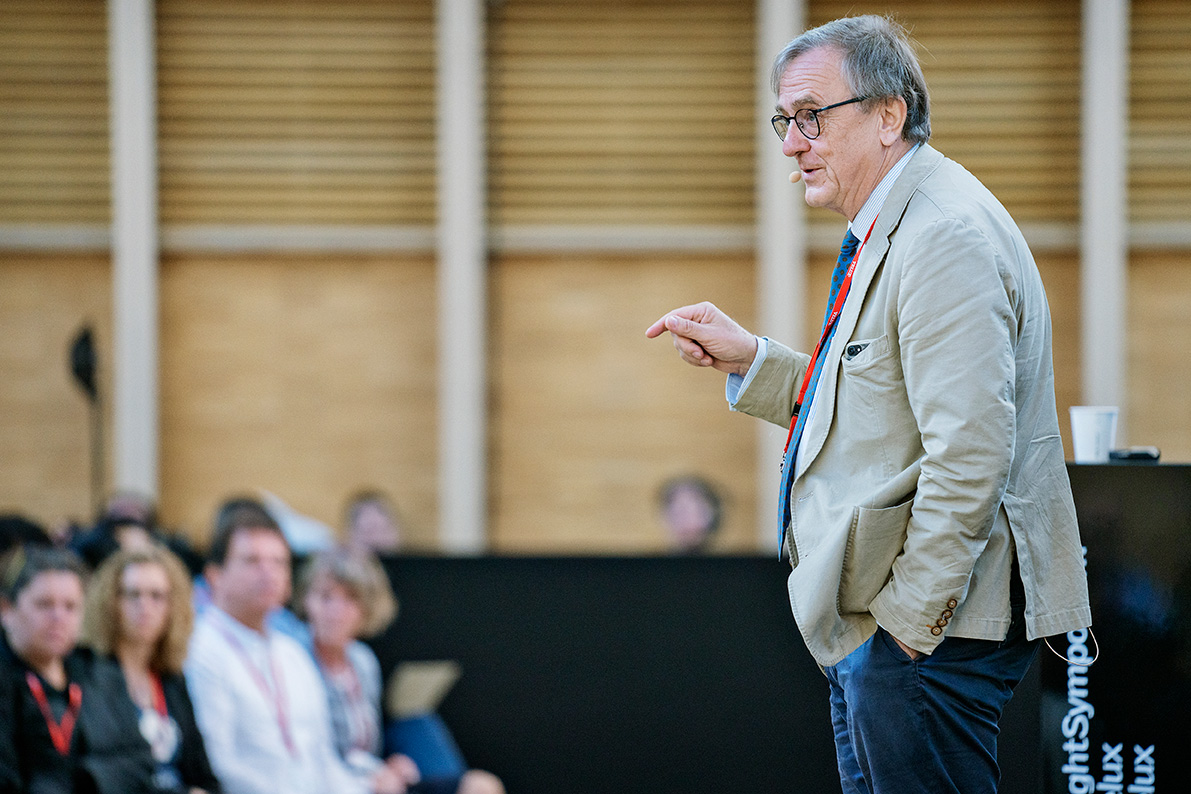
Till Roenneberg / Daylight Symposium
